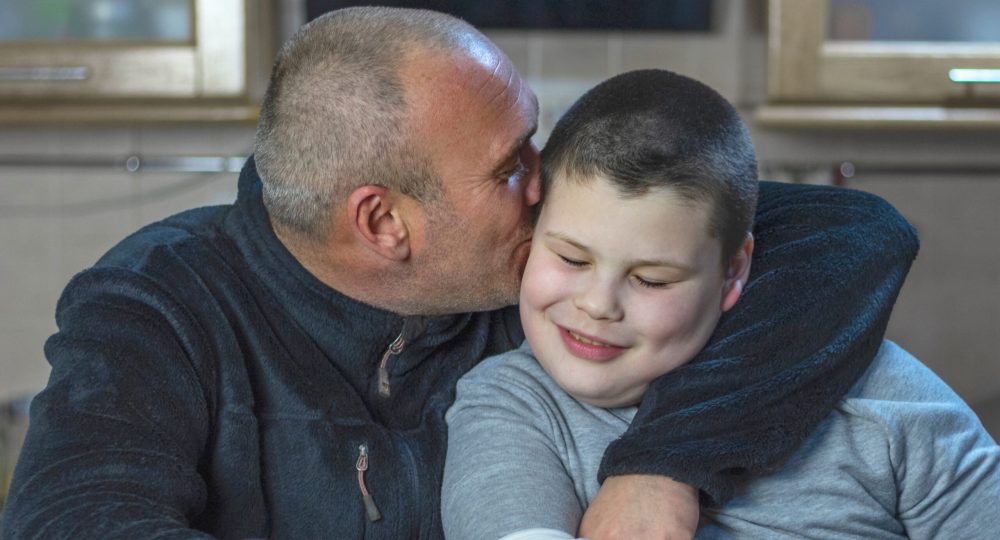This article provides you an introduction to the concept of parental responsibility and how it is considered in England & Wales. We have a wide-ranging client base and are often dealing with complex international issues in relation to the breakdown of a relationship, child arrangements, and financial remedy issues. In doing so, we have noted, there are common misunderstandings in relation to the concept of parental responsibility. These misunderstandings are no doubt fuelled by clients’ expectations being based upon the approach taken by courts’ in foreign jurisdictions.
What is Parental Responsibility?
Well, s.3(1) Children Act 1989 (CA1989), states it to be:
“…In this Act “parental responsibility” means all the rights, duties, powers, responsibilities and authority which by law a parent of a child has in relation to the child and his property….”
In simple terms, someone who has parental responsibility, can stand in the shoes of a parent and make decisions whilst the child is in their care. This includes routine matter such as the medical care a child is to receive.
Does a Mother have Parental Responsibility?
In accordance with s.2 CA1989, as a Mother, you will always have parental responsibility.
Does a Father have Parental Responsibility?
This is where matters can become a little confusing. If you are unmarried and your child is born after 01/12/2003 you can have parental responsibility if you are named on the birth certificate. However, if you are not married at the time your child is born, then the Father will not automatically acquire parental responsibility. Please refer to the ‘How Can Optimal Solicitors Help?’ section below to understand how we can assist you to acquire parental responsibility.
What about a Step-Parent?
If you are a step-parent and are married or have entered into a civil partnership with the parent of the child you could consider requesting for us to assist you to enter into a parental responsibility agreement or for us to seek a court order to achieve the same outcome.
The Exercise of Parental Responsibility
This is an area that often raises disputes between separating parents. We understand that parents can often feel frustrated at the control or lack of control over child arrangements. If you have parental responsibility you are entitled to be involved within major decisions about your child. These can include, for example, deciding the child’s name, medical decisions, where they are educated and how to deal with the child’s money and property. However, generally speaking, it does not mean that a non-resident parent can hinder day to day decisions. The day to day decisions are often to be undertaken independently of the non-resident parent as the resident parent needs to be in a position to discharge these decisions affecting the child.

How Can Optimal Solicitors Help?
Acquiring Parental Responsibility
If you are seeking for us to assist you to acquire parental responsibility. We would commonly consider the following:
- We could apply for a parental responsibility Order;
- We could assist you to enter in a parental responsibility agreement and have this filed with the Central Family Court;
- We could progress a formal application seeking an Order for parental responsibility and can also consider other aspects such as child arrangements (i.e. contact, residency, etc);
- We would also consider if the child of the family could be legitimised and be treated as if the parties were married when the child was born. We would need to consider your specific circumstances as this may not be applicable if you are not domiciled in England & Wales.
Prohibited Steps Order and/or Specific Issue Order
We will briefly touch upon this area of law. The problem is that often disputes between parents lead to an avoidable back and forth with parties releasing their frustration through issues relating to child arrangements. If you are unhappy with the decisions being undertaken by your partner, you could consider seeking our assistance to apply for a prohibited steps orders (preventing a certain course of action) or a specific issues order (to deal with a specific matter that you are concerned about). In example, if you are unhappy with the place of education or if you are considered that there is a risk of abduction/relocation. In such examples, you would be seeking for the court to intervene and make a decision in respect of the disputed issue.
We are on hand to assist you and will always aim to avoid unnecessary costs, proceedings, and disputes. If you have any further questions, please contact our office on 0161 250 7771 for a free telephone conference and we can then advise you based on your specific circumstances.



